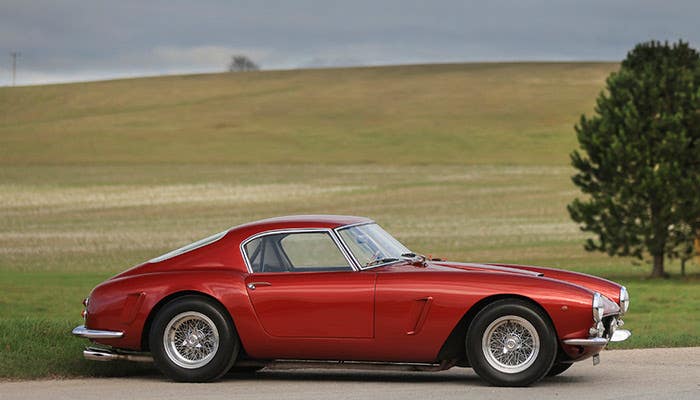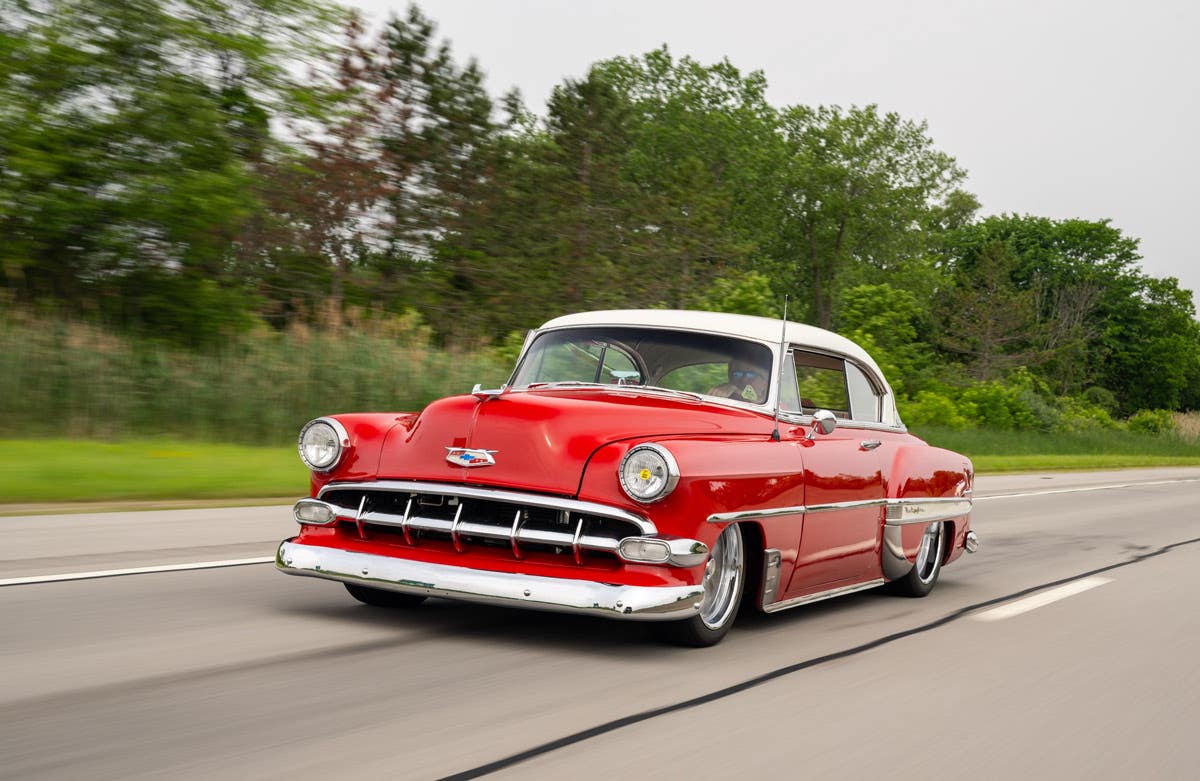RPM Act reintroduced to Congress
The RPM Act was recently reintroduced in both the U.S. House of Representatives and Senate. The RPM Act of 2017 protects Americans’ right to modify street cars and motorcycles into…
The RPM Act was recently reintroduced in both the U.S. House of Representatives and Senate. The RPM Act of 2017 protects Americans’ right to modify street cars and motorcycles into dedicated race vehicles, along with industry’s right to sell the parts that enable racers to compete.
The “Recognizing the Protection of Motorsports (RPM) Act” clarifies that it is legal under federal law to modify the emissions system of a motor vehicle that is converted for race-use-only. If passed, the legislation will protect Americans’ right to modify street vehicles into dedicated racecars and industry’s right to sell the parts that enable racers to compete.
Congress exempted race vehicles from regulation under the Clean Air Act in 1970. However, in 2015, the U.S. Environmental Protection Agency (EPA) asserted that it is illegal to convert a motor vehicle into a racecar if the vehicle’s emissions system no longer remains in its certified configuration.
The Recognizing the Protection of Motorsports (RPM) Act confirms that it has always been Congress’ intent that racecars are not included in the Clean Air Act’s definition of regulated “motor vehicles.” It also makes it clear that it has always been legal to modify a street vehicle into a race car used exclusively at the track.








